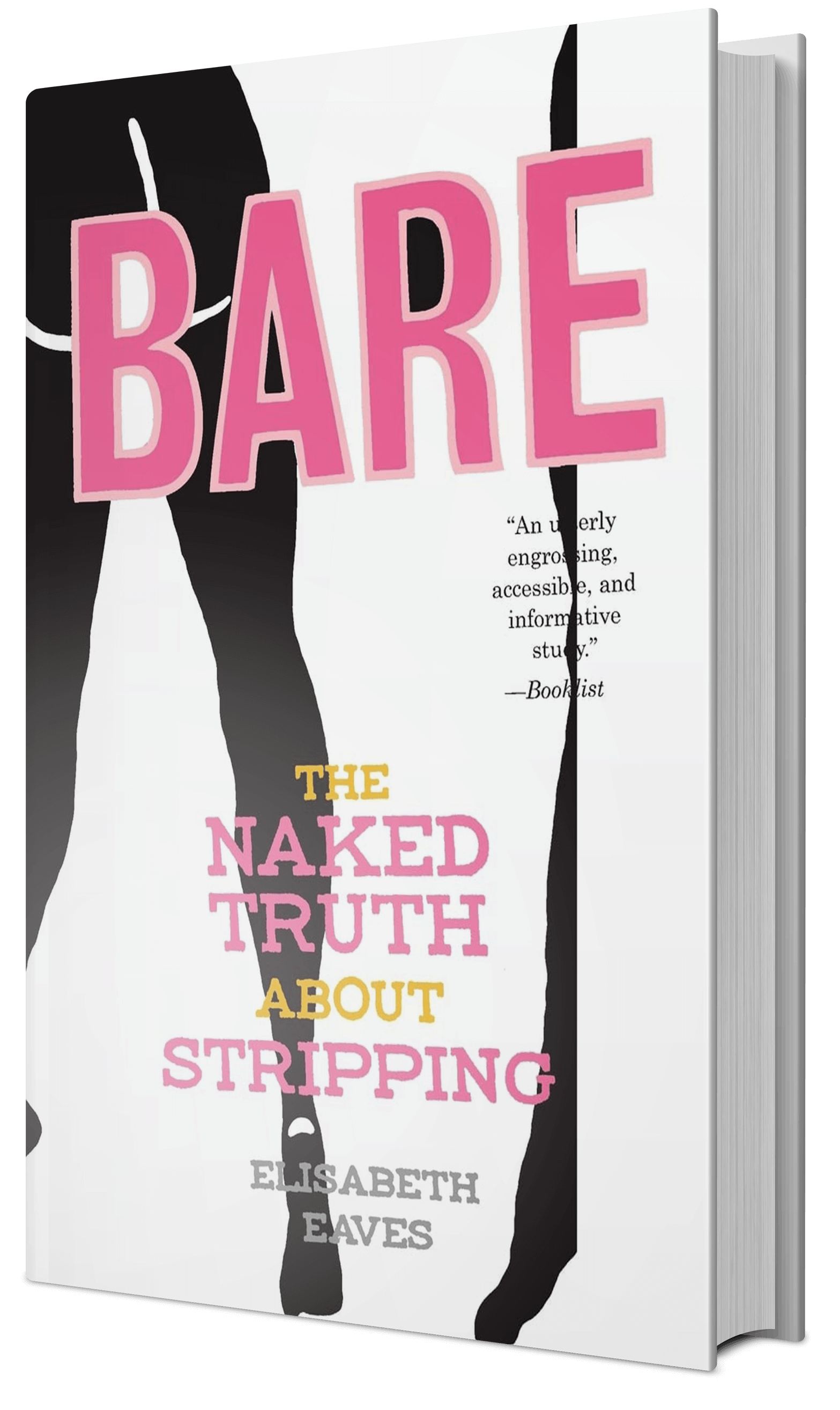A Moment With: Elisabeth Eaves, Author
The Seattle Post-Intelligencer
Elisabeth Eaves worked as a peep-show dancer at Seattle’s famous Lusty Lady before going to Columbia University and earning a degree in international affairs. But her past, and her reasons for choosing to disrobe for money, prompted her to return to Seattle and strip again. The result is “Bare: On Women, Dancing, Sex and Power” (Knopf, 293 pages, $24). The 31-year-old author and free-lance journalist will read from her book tonight at Bailey/Coy Books (414 Broadway E.) at 7 p.m.
Why did you write this book?
I had worked as a stripper, I had quit, I had gone and done some other things, but it was something that weighed on my mind.
I had male peers who went to strip clubs, I had a boyfriend who in the past had frequented prostitutes. It bothered me that men could say they had been to a bachelor party, or that they were taken to a strip club for a job interview and that I was on the other side of the same transaction and I couldn’t talk about it.
Would you have chosen stripping as a way of feeling empowered if it wasn’t lucrative?
This wasn’t all that lucrative for me. Seattle’s not a high-end stripping place, like Las Vegas, but you make relatively good money in relatively few hours. I had a pretty deep fascination with this, even without money in the equation.
What was your family’s response to the book? Did they know you were a stripper?
I actually did not tell my parents that I had worked as a stripper until I decide to write the book. I was a coward. … They were upset, especially at first. But they rallied pretty quickly and were very supportive of the book project.
How soon did you tell your current boyfriend about your past?
Right away, because the book was almost finished … and he read it and it was fine. I think it helps that it’s in the past.
What did you get out of writing the book? What do hope others will get out of it?
Before I wrote the book, I didn’t know what I thought. I couldn’t tell you if (stripping) is good, or bad. I pretty much concluded that it does more harm than good. I hope it makes people think of the moral contradictions or inconsistencies in their own lives. … I also hope that I’ve broken a stereotype, that there are complicated reasons for choosing this job, and it’s not that you’re just down on your luck and that it’s a last resort.

